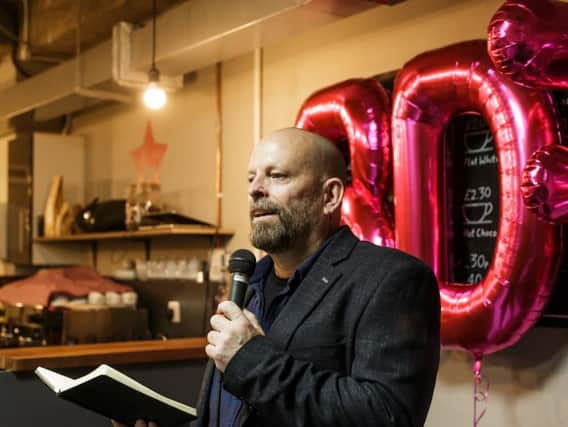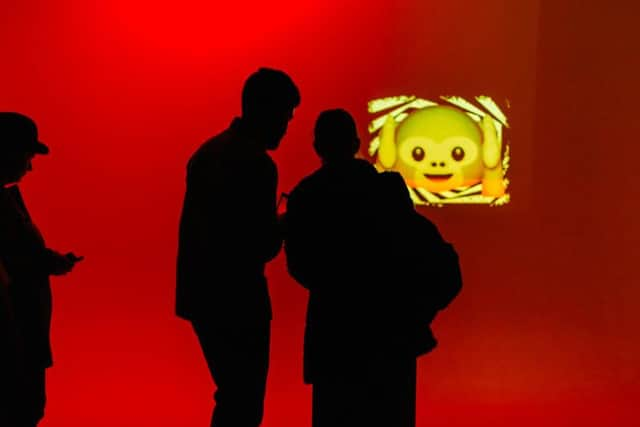Laurence Hill: Are we addicted to digital?


As we cruise through the festival’s final days, there’s time to reflect on this year’s event and some of the changes that have happened since the festival, in its current form, launched in 2011.
The festival was intended, by bringing together the world-class arts and creative businesses in the city, as a celebration of digital culture, which in many ways it still is. This year though, we’ve shifted the focus to make it more of an exploration of digital culture. This reflects the fact that over the last six years, digital has become much more deeply embedded in our lives.
Advertisement
Hide AdAdvertisement
Hide AdOn a visible level, our increased connection and some would say addiction to online spaces is clearly demonstrated in the explosive growth of the smartphone market. In 2011 the number of people with smartphones was around 27 per cent, that figure has grown to more than 75 per cent in the last six years.


More importantly, digital impacts on us in more covert ways that are less easily understood. Algorithms are now making important decisions that affect people’s lives in profound ways and yet we and often their creators don’t really understand how they work.
One of the things we do know is that the data they are working from is often tainted by bias, which inevitably prejudices the outcomes.
This isn’t intended to invoke any kind of technophobia but it is intended to start conversations and that’s where Brighton Digital Festival comes in. We want to be there to facilitate those conversations, to make people understand that they need to have a stake in the construction of the future, to think about how that future is being constructed, who by and who for.
Advertisement
Hide AdAdvertisement
Hide AdThese conversation starters happen in many forms and are launched from different levels of understanding and engagement – there is no one size fits all event. For that reason, I’ve been very happy and proud to have seen events like those at libraries across the city encouraging creativity with digital tools like 3D printers and conductive ink.
Also, an event that brings together designers and developers with disabled people to think about how existing tools can be hacked to make them better for people with differing needs.
There’s a very long list that I could name but across business, the arts, public sector and charities, what the festival does best is to front the human experience over celebrating technology for its own sake and we will continue to do that.
We’ve got a big finish to come, our own conference and the festival’s voice in many ways. It will tackle some of the issues mentioned here and many others. After that triumphant sprint across the finishing line, we’ll be limping home to soak our feet and relax but with minds already buzzing with plans for next year.
Laurence Hill is the manager of the Brighton Digital Festival, which closes today (October 13) after a month of digital culture events.